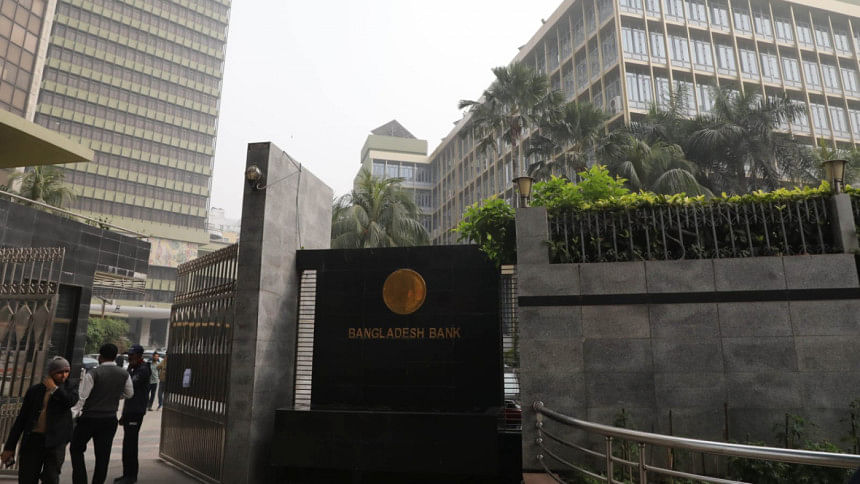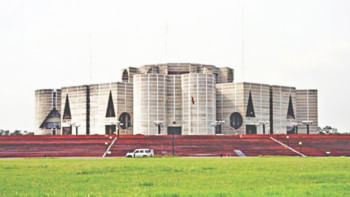BB injected $12.79b into banks in FY24

The Bangladesh Bank injected $12.79 billion into banks from its reserves in the just-concluded 2023-24 fiscal year as banks combatted a severe US dollar crisis which hampered import payments.
In exchange, the banking regulator mopped up the equivalent amount of local currency against the US dollar, which is a major reason for the liquidity crisis in terms of the local currency in banks, said a senior official of the central bank.
Since FY22, the central bank has continued to pump dollars into banks from the forex reserves, which caused the reserves to come down to risky levels.
The central bank pumped $7.62 billion into banks in FY22, a record $13.58 billion in FY23 and $12.79 billion in FY24, central bank data showed.
As per the IMF calculation method (BPM6), gross forex reserves stood at $21.83 billion as of June 30 while net international reserves stood at $16.03 billion, according to BB data.
The central bank pumped $7.62 billion into banks in FY22, a record $13.58 billion in FY23 and $12.79 billion in FY24
The forex reserves stood at $33.38 billion (BPM6) at the end of FY22.
However, the central bank is still injecting dollars into banks despite the decline in import payments due to various import control measures that have been introduced since April 2022.
As a result of those measures, the settlement of letters of credit (LCs), which reflects actual import payment, stood at $49.34 billion during July to March of FY24, down 12.59 percent year-on-year, BB data showed.
Banks, especially state-run lenders, are taking dollar support from the central bank to pay import bills owed by government institutions like the Bangladesh Petroleum Corporation, Bangladesh Agricultural Development Corporation and Bangladesh Chemical Industries Corporation, among others.
Md Mezbaul Haque, executive director and spokesperson of the central bank, told The Daily Star that the central bank has now reduced dollar support for banks.
He said that banks are now liquid in terms of dollars, which is why they do not need to take support.
Amid the restrictions brought on by the Covid-19 pandemic, import payments, international travel, and outflow of foreign currency for other purposes fell drastically.
At the same time, remittance inflow increased, taking the reserves to a record $48 billion in August 2021.
As import payments started to rise and the economy gradually reopened, the reserves began to fall.
In 2022, the country's forex market became more volatile as supply chain disruptions caused by the Russia-Ukraine war elevated commodity prices globally.
Bankers also say mismanagement in the forex market in Bangladesh, frequent policy changes by the central bank, and the gap between the official exchange rate and the unofficial one are also to blame for the volatile dollar market.
Since August 2021, the forex reserves have fallen by $24 billion.

 For all latest news, follow The Daily Star's Google News channel.
For all latest news, follow The Daily Star's Google News channel. 









Comments